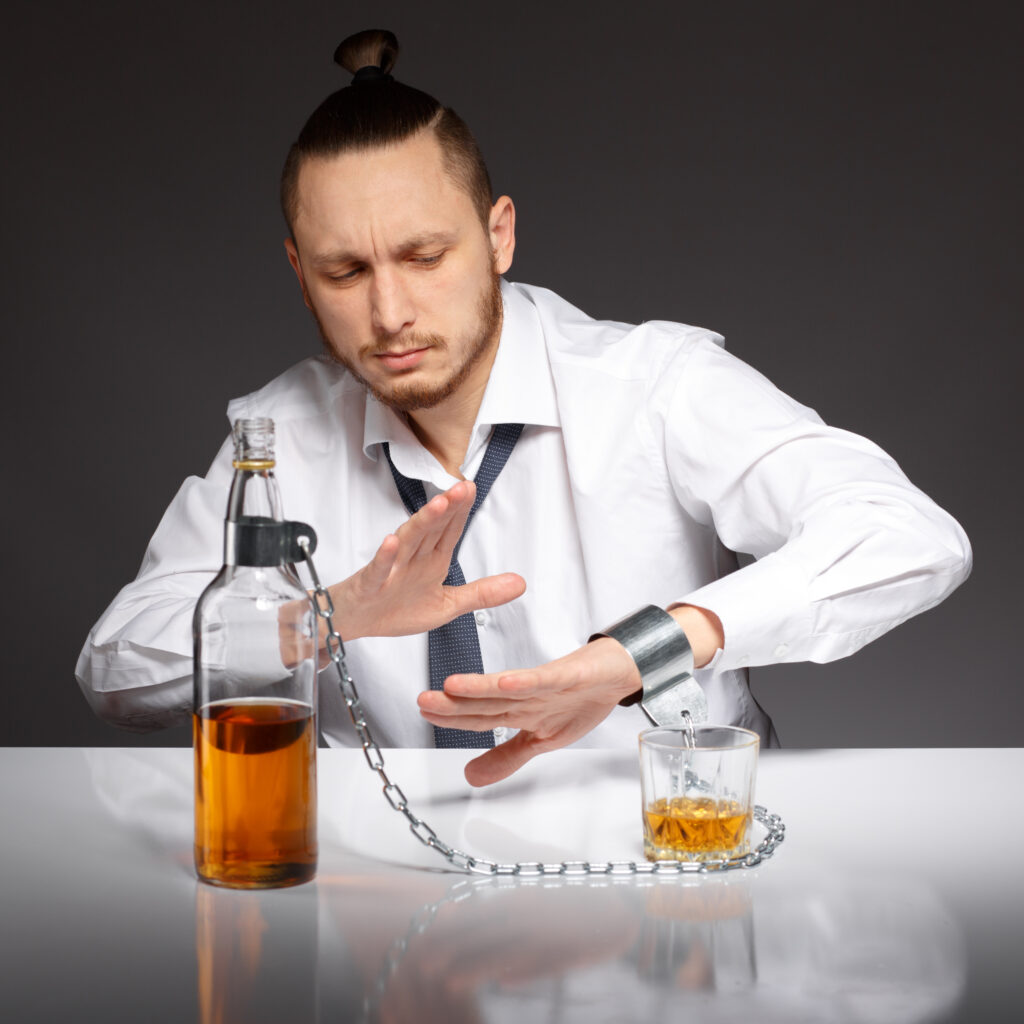What is your idea of having fun? If it involves drinking, it’s not a bad thing. But if this idea of fun is what you do every day, then you may need to put a stop to it. There are no bad effects of alcohol on health if it’s limited. If it’s not, it may be a cause for worry. Drinking excessively can have adverse effects on your health, especially your liver. Your liver has to work hard to process liquor. If you do it every day, imagine the workload your liver will have. Ultimately, it is going to collapse.
Not to mention, excess alcohol can also affect your weight. It can lead to obesity and what we call, “beer belly”.
If you are battling alcohol addiction, it is necessary to get help. Additionally, you can use the following tips to learn how to quit drinking. Trust us, your health will thank you for it.
Know your limits and set goals:
The first step is understanding your current drinking patterns. Keep a log of your drinks for a week, including the type of beverage, the amount consumed, and the occasion. This will provide a baseline and help you identify situations where you tend to overindulge. Once you have a clearer picture, set realistic goals for yourself. Do you want to quit alcohol entirely? Reduce alcohol intake weekly by a certain number of drinks. Be specific, but also flexible. Aiming for small, achievable milestones can build confidence and keep you motivated.
Identify your triggers:
Let’s begin with a question. Why do you drink? Is it social pressure? To cope with stress? Understanding your triggers empowers you to develop healthier coping mechanisms. If you find yourself reaching for a drink after work, try taking a relaxing bath or going for a walk instead. If social gatherings are a concern, plan activities that don’t centre around alcohol, like attending a museum or having a game night with non-alcoholic beverages.
Practice mindfulness and self-awareness:
Pay attention to the way alcohol affects you physically and mentally. Do you feel sluggish the next day? Does it impact your sleep quality? By associating alcohol with its negative consequences, you can cultivate a sense of realisation that keeps you away from it.
Embrace alternatives:
Variety is key! Explore delicious mocktail recipes with fresh fruits, herbs, and sparkling water. If you’re used to a pre-dinner drink, try replacing it with herbal tea or sparkling water with a citrus twist.
The buddy system:
Reducing your drinking doesn’t have to be a solo journey. Talk to a close friend or family member about your goals and enlist their support. Having someone to hold you accountable can be a real motivator. Encourage them to join you in trying non-alcoholic drinks or exploring healthier activities together.
Don’t be afraid to say No:
Social pressure can be a challenge, but it’s your right to decline a drink. Practice saying no politely but firmly. Offer an alternative beverage or simply explain that you’re not drinking tonight. Many people will respect your decision, and those who don’t may not be the best company anyway.
Reward yourself:
Celebrate your achievements! Reaching milestones deserves recognition. Treat yourself to a non-alcoholic reward, like a spa day, a new book, or tickets to a concert. Positive reinforcement can go a long way in maintaining your motivation.
Find alternatives for socialising:
Alcohol often becomes the centre of social gatherings. Actively seek out activities that don’t require drinking. Host a game night with friends, go for a hike, or take a cooking class together. There are countless ways to connect with people beyond the bar.
Seek professional help if needed:
Don’t feel ashamed to seek professional support if you’re struggling to reduce your drinking on your own. A therapist or counsellor can teach you valuable coping skills and guide you through the process of behaviour change.
A few additional tips:
- Clean out your pantry. Get rid of any leftover alcohol at home. Out of sight, out of mind.
- Change your routine. If certain activities are closely associated with drinking, tweak your routines. Find new ways to unwind and socialise.
- Focus on the benefits. Remind yourself of the positive long-term effects of reduced drinking, such as increased energy, improved sleep, and better focus.
Closing thoughts
Remember, reducing your alcohol intake is a journey, not a destination. There may be setbacks along the way, but don’t give up. Focus on progress, not perfection. Follow these tips and prioritise your health, you’ll be well on your way to reclaiming your well-being and enjoying a more fulfilling life.





